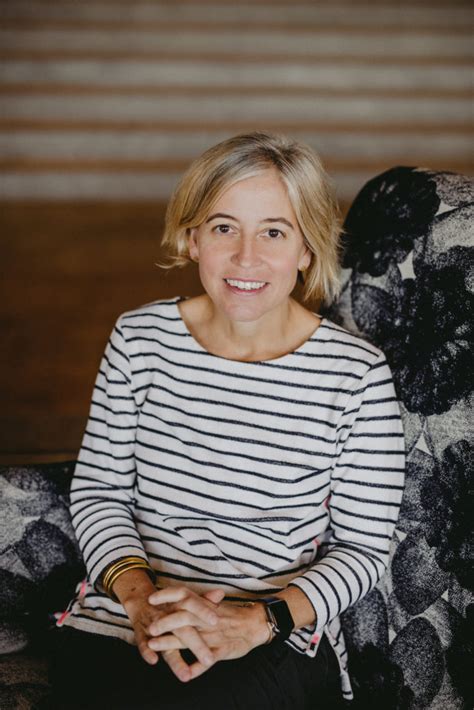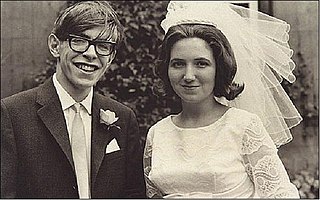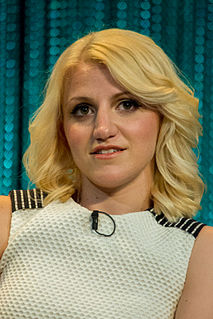A Quote by Quentin S. Crisp
I was in just the right generation to have taken feminism seriously by osmosis - also the generation when the breakdown of the family really began and for whom The Smiths were something new and essential.
Related Quotes
I would almost consider myself a canonical child of Generation X... because I think there is an ethic and aesthetic that goes along with that generation, it may have something to do with the fact that "Never Mind the Bollocks" was released when we were 16-years-old and that was really the album that crystalized a generation.
My generation those who were students in the late 60s was always, in the words of the Who, talking about our generation. That's what we thought of ourselves, as the most important thing since sliced bread. And the "we" that we meant was really the Western Europeans and American generation. And as I think back I suppose I have a sense of guilt on behalf of my generation, a sense that we were terribly provincial and didn't understand the really important stuff that was going on in Eastern Europe.
Today's children are living a childhood of firsts. They are the first daycare generation; the first truly multicultural generation; the first generation to grow up in the electronic bubble, the environment defined by computers and new forms of television; the first post-sexual revolution generation; the first generation for which nature is more abstraction than reality; the first generation to grow up in new kinds of dispersed, deconcentrated cities, not quite urban, rural, or suburban.
The breakdown of the black community, in order to maintain slavery, began with the breakdown of the black family. Men and women were not legally allowed to get married because you couldn't have that kind of love. It might get in the way of the economics of slavery. Your children could be taken from you and literally sold down the river.
What draws me to family... if I were a psychiatrist, I'd say an enormous amount of unresolved personal material. If I were an anthropologist, I'd say families are at the root of social structures - they shape our identity, our belief systems - and so I find them fascinating. Also, I love the idea that families have narratives that are essentially the family story that is passed along generation to generation - and the rifts start when people question the story.
It’s a sort of furtiveness … Like we were a generation of furtive. You know, with an inner knowledge there’s no use flaunting on that level, the level of the ‘public’, a kind of beatness – I mean, being right down to it, to ourselves, because we all really know where we are – and a weariness with all the forms, all the conventions of the world … It’s something like that. So I guess you might say we’re a beat generation.

































